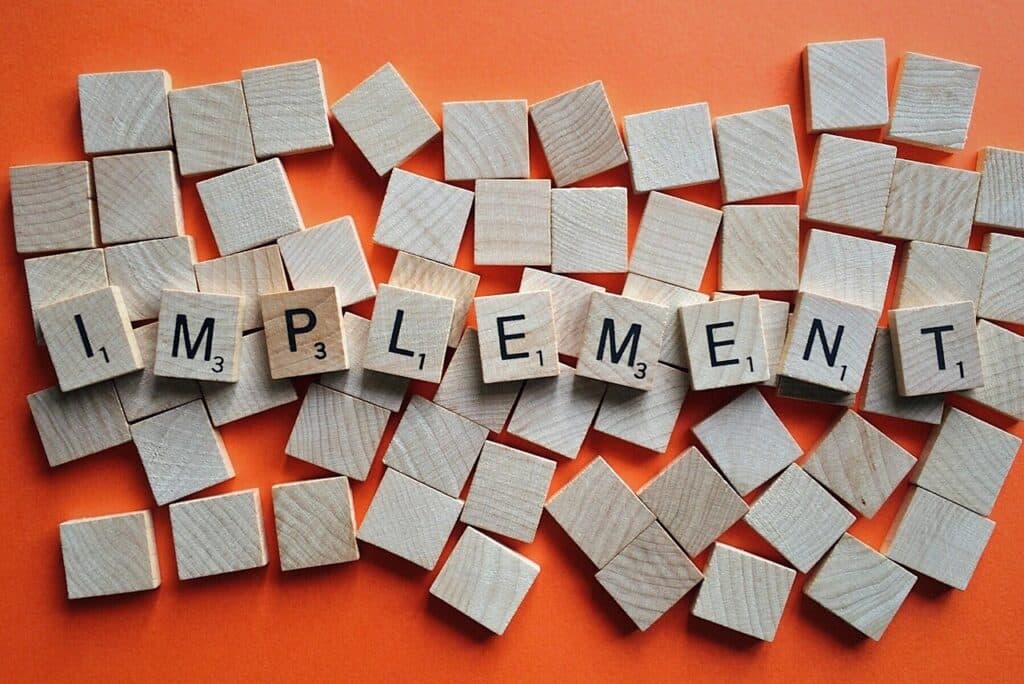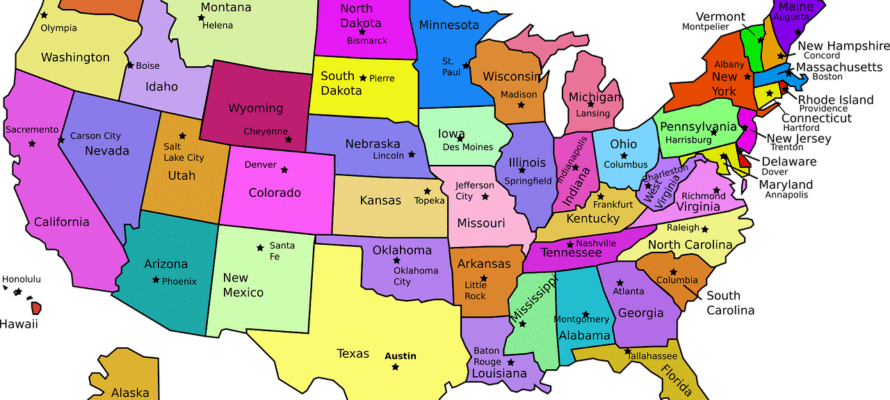
One of the most baffling things I have encountered in my law practice is how often people start the process with me, but do not complete things. I will meet with a potential client, talk to them about their situation, draft the documents, send out the drafts for review, and then hear nothing back. Despite repeated phone calls and emails to the people for whom I have started the work, I do not receive a response. I am not sure if they just decided they don’t want to talk to me any more – which would feel a little bit like being “ghosted” in a dating relationship, or if something else happened. Perhaps they don’t want to tell me they changed their mind, or perhaps they just liked paying me 50% of my fee as a down payment because I am such a great guy and they just wanted to give me money – I don’t think this one would be true. Or, perhaps they don’t understand that they really do need to take the final steps of signing an estate plan in front of a notary and witnesses to complete the estate plan and have the estate plan go into force. Or, maybe it is a combination of all of the above. In any case, not getting your estate plan fully completed can lead to undesired outcomes.
What Happens if You Don’t Complete Your Estate Plan – A Sad Story
 Several years ago I had a client who hired me to write him a trust. I drafted the trust to leave assets to his new girlfriend for the duration of her life, and then have the assets be passed on to his favorite charities. He didn’t seem to want to include his other family members in the estate plan or trust, but that is something I see on a semi-regular basis, so I wasn’t worried about it. I followed up with this client about two weeks after I sent him a first draft. We talked over the phone from time to time over the next several months, and I thought we were in a good place to get the estate planning documents signed, but I began hearing from him less and less frequently. I did not give up on him easily, but rather kept trying to reach him for over a year.
Several years ago I had a client who hired me to write him a trust. I drafted the trust to leave assets to his new girlfriend for the duration of her life, and then have the assets be passed on to his favorite charities. He didn’t seem to want to include his other family members in the estate plan or trust, but that is something I see on a semi-regular basis, so I wasn’t worried about it. I followed up with this client about two weeks after I sent him a first draft. We talked over the phone from time to time over the next several months, and I thought we were in a good place to get the estate planning documents signed, but I began hearing from him less and less frequently. I did not give up on him easily, but rather kept trying to reach him for over a year.
Eventually I got a call from his brother, letting me know the client had passed away. The brother asked me if I had his estate planning documents, so that they could be executed. I replied that he had never signed them, so they were not valid or enforceable. The brother asked me if there was a way to show they were valid if he had a text message from his brother stating that he agreed with and wanted to implement everything that I [he called me Michael Bailey in the text message] had written. As much as I would have loved for that to be the case, I had to inform the brother that a text message stating that desire was not going to be enough to satisfy the legal requirements for a will or trust. Instead, the deceased client’s assets would go to his closest living relatives, with his girlfriend receiving nothing, the complete opposite of his wishes.
What Does a Will or Trust Need to be Completed Properly?
 At least in Colorado, a will or trust that is typed out needs to be notarized to be effective and valid. A handwritten will, called a holographic will, can be valid and enforceable if the material provisions are in a person’s own handwriting, even if the holographic will is only signed. Most wills are not written with the material provision in one’s own handwriting, though, so notarization is necessary. At various times in the past, having three witnesses was enough, and a notary was not required, but that had changed and is no longer enough.
At least in Colorado, a will or trust that is typed out needs to be notarized to be effective and valid. A handwritten will, called a holographic will, can be valid and enforceable if the material provisions are in a person’s own handwriting, even if the holographic will is only signed. Most wills are not written with the material provision in one’s own handwriting, though, so notarization is necessary. At various times in the past, having three witnesses was enough, and a notary was not required, but that had changed and is no longer enough.
A will is valid and enforceable in Colorado if notarized, but a will can also be self proving if there are two other witnesses beyond the notary who saw the will signed and will validate it was the person signing’s wish and desire to implement the terms of the will. A text message saying the person wants to implement the will or trust is not enough. Although such a methodology is a clever attempt, nobody would be able to verify who sent the text message, so such attempts to execute a will via text are not recognized by the law. I believe that we may have better technological methods to verify a person’s identity and consent to the terms of a will in the future, but we aren’t there yet, so we stick with singing, notarizing, and witnessing. Those are the rules, and we need to follow them.
Your Part to Complete the Estate Plan Is ABSOLUTELY NECESSARY!
I do have a conversation concerning how an estate plan needs to be properly executed and completed with all of my clients, but I am not sure it always gets through to them.
Just like I told the client from my earlier story that he needed to sign the documents in front of a notary and witnesses, but he never followed through, for your estate plan to be valid, it needs to be properly completed. I have had many clients ask me what happens if they die before we get the estate plan signed, notarized, and witnessed. Many, if not most, of these clients seem to believe that because they started an estate plan with me and I know what they want to do, I should just be able to tell the court what I know and the court will believe me and carry out what they want to have happen. As much as I would like to be, I am just not that powerful. I cannot simply tell the court what I heard from you and have the court believe me. You need to be the one that signs off on your own estate plan, as I cannot just say what you wanted to have happen and have a court believe me.
I find this to be similar to how I am not able to make changes to your will without your signature or permission. I have many clients who will call and want me to make changes to a will or trust, and many of those are surprised that I cannot just make the changes since I am an attorney. While I am an attorney, your estate planning documents are ultimately your own. Just like I cannot tell you who you should leave your assets to in the first place, I cannot change the terms of your estate plan without you being involved. I think it is a very good rule that I cannot change your estate plan without your involvement. If I could change your estate plan without your needing to be involved, I could change things to go in a completely different direction than anything you want. I wouldn’t do that because it would be wrong, but I do like that the law requires you to be involved in forming and changing your will.

Get Started on Your Estate Plan, and Finish It, Too
I want your estate plan to accurately reflect what you want to have happen, and I need you to verify and confirm that your estate plan does that when you sign your own will and estate plan. I can draft an estate plan that complies with the necessary legal requirements, but you need to be the one who determines where things go and that the documents I prepare accurately represent what you want. Without you, and your estate plans being properly signed and verified, there is no estate plan. You are the required ingredient for your estate plan to work. If you would like to get started (and finish!) your own estate plan, you can do so by clicking the button below.

 720-730-7274
720-730-7274









